IEEE SA @ WSIS
The WSIS Forum 2021 was held entirely online starting in January 2021, featuring a virtual programme, including a series of thematic/country workshops, high-level policy sessions, special tracks on various thematic areas, knowledge café, a Hackathon, and exhibition addressing issues that were critical to WSIS implementation and follow-up in a multi-stakeholder setting. The final week of the Virtual WSIS Forum 2021 took place on 17-21 May 2021, consisting of policy statements, interactive high-level dialogues, a WSIS Prize ceremony, a ministerial round table as well as a series of WSIS Action Line facilitation meetings.
As a Specific Activity sponsor to the WSIS Forum, IEEE SA actively participated in many areas including making a High-Level Policy Statement, acting as a High-Level Track Facilitator, hosting a Thematic workshop on “ICTs and Smart Energy: Accelerating the use of ICTs for sustainability”, and organizing a Knowledge Café on “Measurementality: Children’s Data and Sustainability”.
IEEE contributed to the following sessions:
- IEEE Thematic Workshop: ICTs and Smart Energy: Accelerating the use of ICTs for sustainability (View On Demand)
- IEEE Knowledge Café: Measurementality: Children’s Data and Sustainability (View On Demand)
- Opening Segment: Appreciation Ceremony for WSIS Forum 2021 Partners and the High-Level Dialogue with partners (View On Demand)
Statement by Dr. Maike Luiken (PDF) - WSIS Exhibition Space Inauguration (View On Demand)
- High-Level Policy Session 9: WSIS Action Lines and 2030 Agenda / Enabling Environment (View On Demand)
- High-Level Policy Session 10: Ethical Dimensions of Information and Knowledge Societies (View On Demand)
Statement by Nishan Chelvachandran (PDF) - Thematic Workshop: Digital Resilience for COVID-19 Mitigation, Response and Recovery – Practical Lessons Learned (View On Demand)
WSIS Highlights and Outcomes:
Related Articles:
Twitter:
IEEE Workshop
ICTs and Smart Energy: Accelerating the use of ICTs for sustainability
Digital innovation has produced groundbreaking technologies that can help propel us toward the achievement of the Sustainable Development Goals. Information Communication Technologies (ICTs), in particular, act as powerful catalysts in the three domains of sustainable development–economic development, social inclusion and environmental protection. ICTs enable all manner of digital solutions like smart agriculture, smart buildings, smart mobility, smart manufacturing, and smart conservation, among many others.
These smart solutions need electricity to function, however, and realizing their full impact in achieving the SDGs can be impeded by lack of access to clean, affordable and sustainable energy.
The world faces many challenges with respect to ICTs and energy:
- How to underpin ambitious sustainability goals while at the same time reducing carbon emissions?
- How to incorporate reliable renewable energy solutions in an affordable way?
- How to accelerate energy solutions and energy transition?
- How to increase the share of renewable energy in the global energy mix?
- How to increase access in developing countries and beyond? Could distributed power sources and the use of Direct Current help?
- How to approach mushrooming data storage needs and the resultant energy demands?
- How to address electronic waste recycling difficulties while new devices proliferate?
Smart energy, with its focus on affordable, sustainable, and renewable energy resources, forms an important part of effective ICT-powered solutions. Smart energy helps improve energy efficiency and access to affordable and safe energy, and it supports an increase in the share of renewable energies in the energy mix.
This workshop will focus on practical solutions for sustainable energy to help enable access to sustainable ICTs. Experts will share real-world experiences and solutions, and address the question of how to leverage smart resilient energy solutions to enable ICT for sustainable development.
IEEE WSIS Workshop 20-Apr-2021 Informational Flyer
Speakers
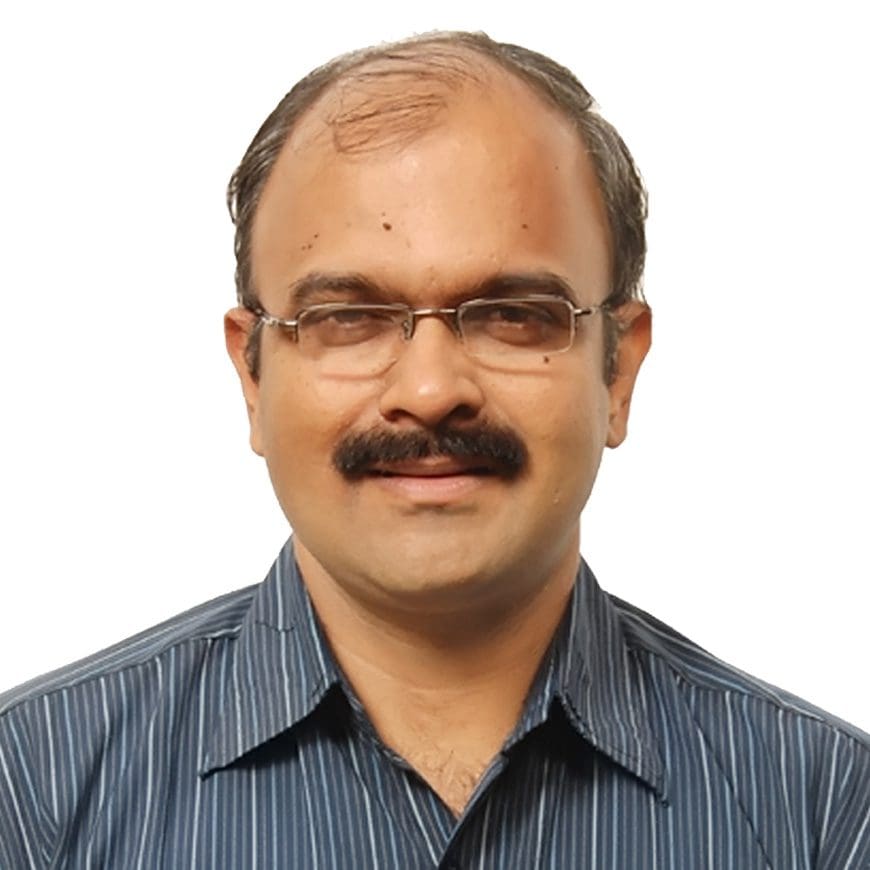
Rajesh Kunnath
Rajesh Kunnath is a seasoned hardware engineer with over two decades of experience spanning a wide array of electronics specialities from RF design to power supply design. He is the founder of a design services firm based in Chennai, India that offers board design services and product design services in electronics. Rajesh is an IEEE standards expert, an IEC standards expert, and he is a passionate advocate of LVDC (Low Voltage DC). He is part of the Indian National Committee – ETD50 of the Bureau of Indian Standards where he was involved in the drafting of an Indian Standard “Guidelines for 48V distribution”. Rajesh is the Secretary of the IEEE P2030.10.1 Working Group for the creation of a standard for Electricity Access with a 48V DC supply. He also participates in an IEC Systems Committee SyC LVDC and in Working Group 1 focused on the development of standards for low-voltage electricity access.
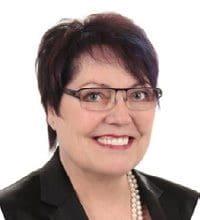
Maike Luiken
Maike Luiken is 2020 IEEE Vice President–Elect, Member Geographical Activities. She served as President of IEEE Canada in 2018 -2019 and, in 2018, as Chair, Policy Track, IEEE Internet Initiative. Currently Adjunct Research Professor at Western University, she was the founding Director of the Bluewater Technology Access Centre (now: Lambton Manufacturing Innovation Centre) following eight years as Dean at Lambton College with a number of portfolios: School of Technology and Applied Sciences, Business Development, Sustainable Development and Applied Research. Her strategic leadership in the development of the applied research & innovation capacity and portfolio led to Lambton attracting over 10 mn CAD public research funding.
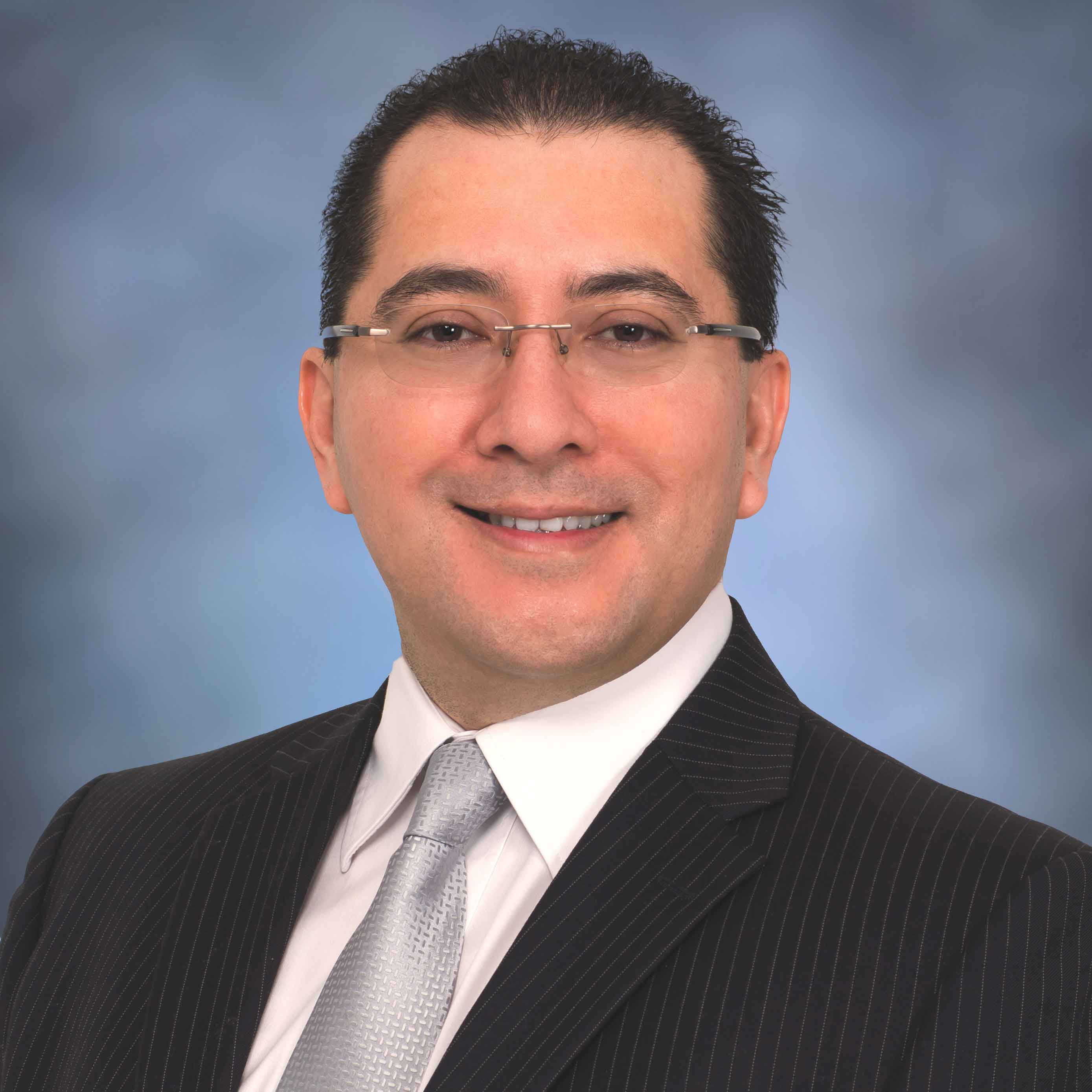
Dr. Julio Romero Agüero
Dr. Julio Romero Agüero is Vice President, Strategy & Business Innovation at Quanta Technology. Having 25 years’ experience, he provides leadership to Quanta Technology in technology and business strategy, innovation, grid modernization, distribution systems planning, resiliency, and integration of distributed energy resources and emerging technologies. Julio has developed solutions for electric utilities and regulatory boards in the USA, Canada, Latin America, the Caribbean and Asia. He is a Senior Member of IEEE and currently serves as Vice President, Membership & Image in the IEEE PES Governing Board. Dr. Romero Agüero is Adjunct Professor at University of North Carolina at Charlotte.
Moderator
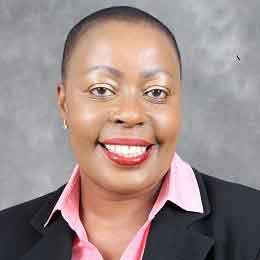
Eve Gadzikwa
Eve Gadzikwa is the Past President of African Organisation for Standardisation (ARSO) headquartered in Nairobi, Kenya (2016-2019). She is Chair of the Africa Standardisation Strategy & Road Map for Africa 4th Industrial Revolution (A4IR) project that is being implemented in partnership with IEEE SA (USA) under the Industry Connections Programme. Eve was appointed as Director General for the Standards Association of Zimbabwe in (SAZ) in 2008. In 2020, she was elected onto ISO Council for the period 2021-2023. Eve was appointed as a member of the IEEE SA Strategic and Emerging Standards Committee (SESCom) for calendar year 2021.
IEEE Knowledge Café
Measurementality: Children’s Data and Sustainability
The conversation at this knowledge cafe is set in the context of defining what counts in the algorithmic age where participants–through sharing insights and ideas and surfacing the group’s collective knowledge–will gain a deeper understanding in how to measure and protect children’s data.
Having agency over our identity is a precondition for self‐determination and freedom. Translated into the algorithmic age, this means agency over our digital footprint and access to and the ability to utilize our data. It has become evident that artificial intelligence (AI) systems also have a downside; in conjunction with other technologies and behavioral marketing practices they can cause harm, especially for children. Therefore, it is imperative to move beyond business as usual and to prioritize the wellbeing of our children, starting with protecting their privacy and security online. If we fail to do this, their agency, mental health, and self‐actualization as humans in any culture will be reliant on forces beyond their control.
Today, a large number of social platforms used by children were not designed with children’s rights and well-being front of mind. As a result, they often fail to take account of the vulnerabilities and unique capacities that children have. Children must be able to explore, learn, and develop in trustworthy environments that enable them to fulfill their curiosities at an age‐appropriate level and within the context of their familial societies.
All participating in this Knowledge Cafe will discuss issues like data privacy for children, data agency for all, and how metrics like the United Nations Sustainable Development Goals and other human rights oriented metrics are being utilized in the design of AI systems.
Join John C. Havens (moderator), Executive Director of the IEEE Global Initiative on Ethics of AI Systems, Sandy Pentland, Professor at MIT, and Branka Panic, Founder of AI for Peace, as they set the stage for the discussions and move to break out groups for a deeper dive into topics including how can we respect, protect, and promote children’s data rights, how frameworks for developing age appropriate digital services where users are children can be implemented, and what are the measures of success for a positive and sustainable future for children.
IEEE WSIS Knowledge Cafe 05-May-2021 Informational Flyer
Speakers
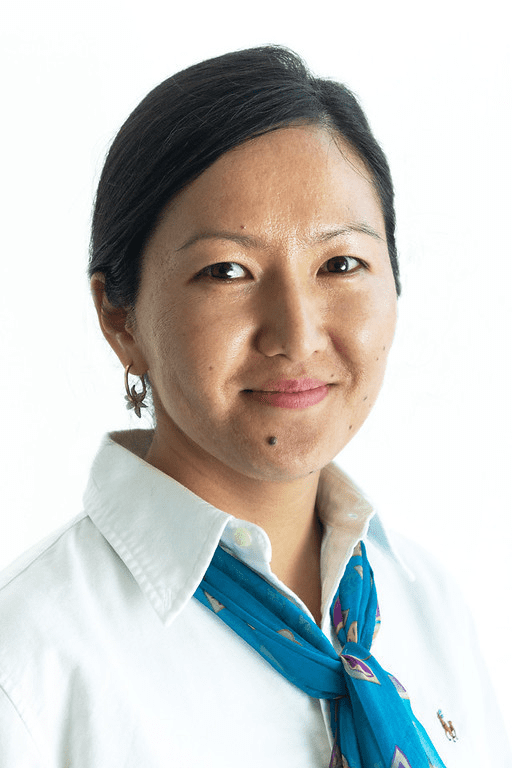
Venera Urbaeva
Venera Urbaeva is a child protection specialist and a public health advocate with 14 years of development and humanitarian experience. She currently leads AI for Peace’s work on safeguarding children from harm and risks in the digital space, while amplifying opportunities presented by technologies to promote child development and wellbeing. She has previously worked with UNICEF to support the wellbeing and resilience of children and adolescents in armed conflicts through development of child-centered, gender sensitive and age appropriate services. Venera is passionate about improving the lives of children and adolescents in the digital age through research, evidence-based programming, policy-making and advocacy.
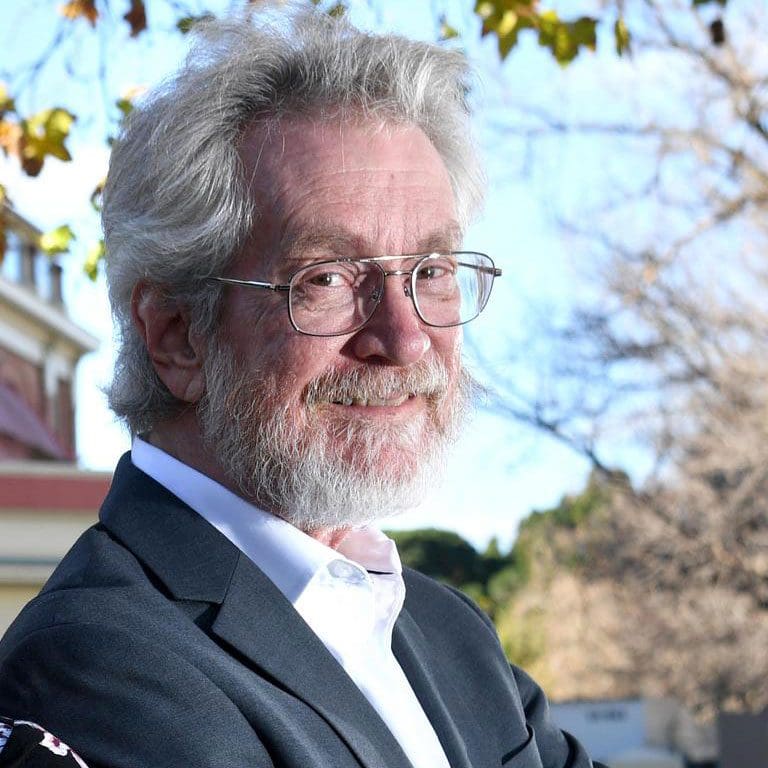
Professor Alex 'Sandy' Pentland
Professor Alex ‘Sandy’ Pentland directs MIT Connection Science, an MIT-wide initiative, and previously helped create and direct the MIT Media Lab and the Media Lab Asia in India. He is one of the most-cited computational scientists in the world, and Forbes recently declared him one of the “7 most powerful data scientists in the world” along with Google founders and the Chief Technical Officer of the United States. He is on the Board of the UN Foundations’ Global Partnership for Sustainable Development Data, co-led the WEF discussion in Davos that led to the EU privacy regulation GDPR, and was central in forging the transparency and accountability mechanisms in the UN’s SDGs. He has received numerous awards and prizes such as the McKinsey Award from Harvard Business Review, the 40th Anniversary of the Internet from DARPA, and the Brandeis Award for work in privacy.
Moderator

John C. Havens
John C. Havens is Executive Director of The IEEE Global Initiative on Ethics of Autonomous and Intelligent Systems that has two primary outputs – the creation and iteration of a body of work known as Ethically Aligned Design: A Vision for Prioritizing Human Well-being with Autonomous and Intelligent Systems and the recommendation of ideas for Standards Projects focused on prioritizing ethical considerations in A/IS. Currently, there are thirteen approved Standards Working Groups and one completed Standard in the IEEE P7000™ series. He is also Executive Director for The Council on Extended Intelligence (CXI) created by IEEE SA and MIT to proliferate the ideals of responsible participant design, data agency and metrics of economic prosperity prioritizing people and the planet over profit and productivity.
About WSIS Forum
The annual World Summit on the Information Society (WSIS) Forum brings together the largest gathering of the Information and Communications Technologies community that focuses on making the information society accessible to all. The WSIS Forum provides an opportunity for multi-stakeholder cooperation in providing meaningful connections to the information society. Importantly, the WSIS Forum 2021 incorporates the recently adopted United Nations Sustainable Development Goals as an important factor in the discussions.

